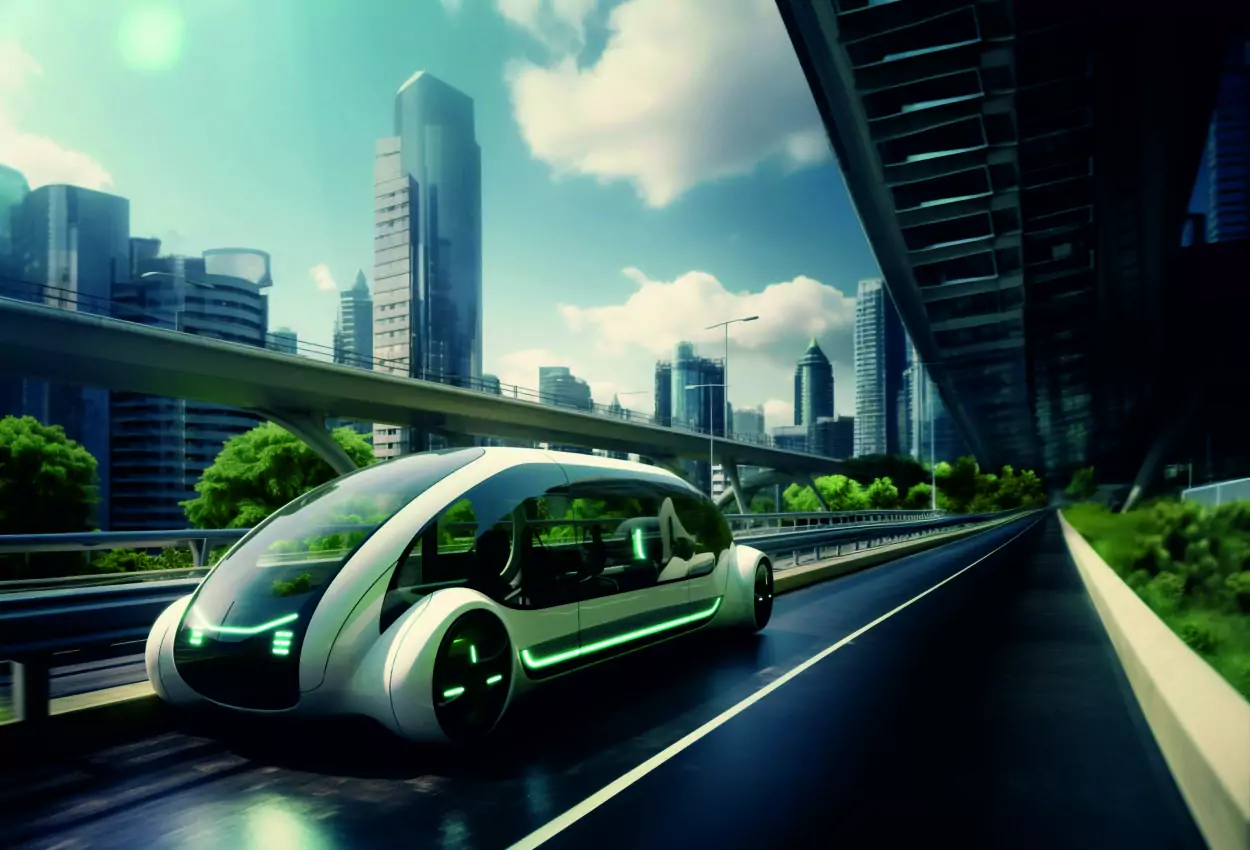The automotive world is in the midst of an unprecedented transformation. Electric vehicles (EVs) have rapidly transitioned from a niche innovation to a central focus of the global automotive market. With environmental concerns, government incentives, and technological advancements driving the change, the electric revolution is reshaping the way we think about transportation. The global automotive industry is not merely adapting to this shift—it is being fundamentally redefined by it.
The Surge of Electric Vehicles
Over the past decade, electric vehicles have moved from being an experimental concept to a viable and desirable alternative to traditional internal combustion engine (ICE) vehicles. Once considered impractical due to limited range, high prices, and a lack of infrastructure, EVs have now become increasingly accessible and mainstream. In 2023, global EV sales surpassed 10 million units for the first time, a landmark achievement that signals a shift in consumer attitudes. More importantly, these vehicles are not just seen as eco-friendly alternatives but are quickly becoming the standard for the future of driving.
Several factors have contributed to this rise. First, consumers are becoming more environmentally conscious, driven by a desire to reduce their carbon footprints and take part in the global effort to combat climate change. Second, governments around the world are offering incentives such as tax rebates, purchase subsidies, and grants for electric vehicle buyers, further encouraging adoption. The European Union, for example, has set ambitious targets for reducing CO2 emissions, including phasing out sales of new gasoline and diesel cars by 2035.
Technological Advancements and Lower Prices
One of the primary reasons for the acceleration of EV adoption is the ongoing improvement in battery technology. The cost of lithium-ion batteries—the heart of any electric vehicle—has dropped by over 80% in the past decade, making EVs more affordable to consumers. This decline in battery prices has allowed automakers to produce electric vehicles that can rival their gasoline counterparts in terms of price and performance.
Furthermore, advancements in charging infrastructure have addressed one of the main concerns surrounding electric vehicles: range anxiety. A growing network of fast-charging stations around the world has made it possible for EV owners to recharge their cars in minutes rather than hours, providing a level of convenience that was previously unavailable. The development of ultra-fast charging technology, combined with innovations in battery chemistry, promises even shorter charging times and longer driving ranges, which will continue to improve the attractiveness of EVs for a broader audience.
Automakers Invest in the Future
As the electric vehicle market expands, automakers are pivoting to meet the growing demand for EVs. Legacy carmakers, from General Motors to Ford to Volkswagen, are making massive investments in electrification strategies. General Motors has committed to going all-electric by 2035, while Volkswagen is set to launch over 70 new electric models in the next decade. Even luxury brands like Mercedes-Benz, BMW, and Audi are focusing heavily on electric vehicles, combining their premium features with cutting-edge EV technology.
At the same time, new entrants, such as Tesla, Rivian, and Lucid Motors, have become key players in the market, pushing the boundaries of electric vehicle performance and design. Tesla, for instance, has not only led the charge in terms of EV adoption but has revolutionized the concept of electric cars as smart, tech-infused machines with regular over-the-air software updates and autonomous driving capabilities.
The race to dominate the EV market is also spurring innovation in various vehicle segments, including trucks, SUVs, and sports cars, traditionally dominated by fossil fuel-powered engines. For example, electric pickup trucks like the Ford F-150 Lightning and the Tesla Cybertruck are generating significant interest and offer the promise of combining power and sustainability.
The Environmental and Economic Impacts
The rise of electric vehicles has profound environmental and economic implications. From an environmental standpoint, EVs contribute to cleaner air and a reduction in greenhouse gas emissions. While the environmental impact of manufacturing electric vehicles—particularly the production of lithium-ion batteries—has raised concerns, studies show that over the lifetime of an electric vehicle, the overall environmental impact is significantly lower than that of traditional gasoline-powered vehicles, particularly as the energy grid becomes greener.
Economically, the growth of the EV sector is creating new jobs in industries ranging from battery manufacturing and electric power generation to the building of charging infrastructure. The shift to electric vehicles is also stimulating innovation in materials science, AI, and software development, contributing to the broader tech landscape.
Furthermore, EVs present a major opportunity for the energy sector. As more people drive electric cars, the demand for electricity will rise, which could prompt greater investment in renewable energy sources like solar and wind power. The integration of EVs into smart grids could lead to a more efficient and sustainable energy system, allowing electric vehicles to serve not only as modes of transportation but also as mobile energy storage units that can feed power back into the grid.
Challenges and the Road Ahead
Despite the tremendous growth, challenges remain. The transition to electric vehicles is not without its obstacles, including the need for further investment in charging infrastructure, the development of a reliable and affordable supply chain for critical materials like lithium and cobalt, and the adaptation of energy grids to accommodate increased demand. Additionally, many consumers in emerging markets may still find EVs out of reach due to their higher upfront costs, despite falling prices.
Furthermore, while EVs are seen as a cleaner alternative to gasoline-powered cars, their environmental impact is not entirely free from concerns. As the demand for electric cars increases, the mining and production of essential materials—such as lithium, cobalt, and nickel—will face challenges related to sustainability, ethical sourcing, and environmental impact. These issues must be addressed as the industry grows.
Looking forward, the trajectory of the electric revolution in the automotive industry appears set for continued momentum. As technology improves, prices decrease, and the charging infrastructure expands, electric vehicles will become an even more integral part of the global automotive landscape. The future is electric, and as the industry continues to innovate and evolve, we are witnessing a seismic shift toward a cleaner, smarter, and more sustainable mode of transportation.
In conclusion, the electric revolution is not just changing how we drive—it is transforming the global automotive market, with implications that stretch far beyond the cars themselves. The growing dominance of EVs signals a bright, cleaner, and more sustainable future for the automotive industry and the planet as a whole.














